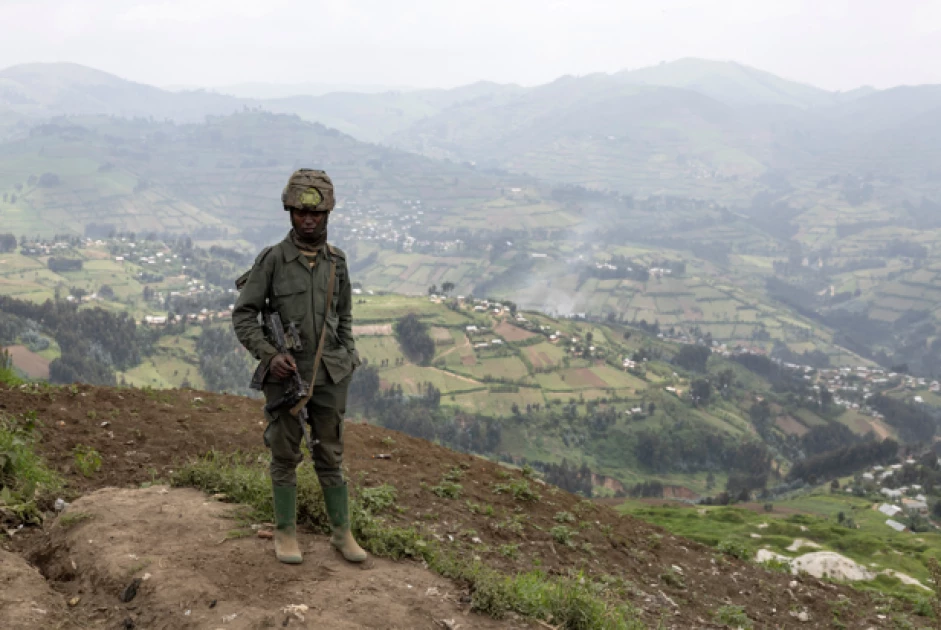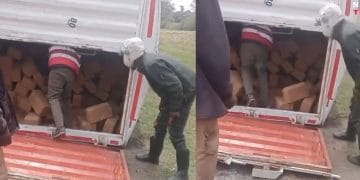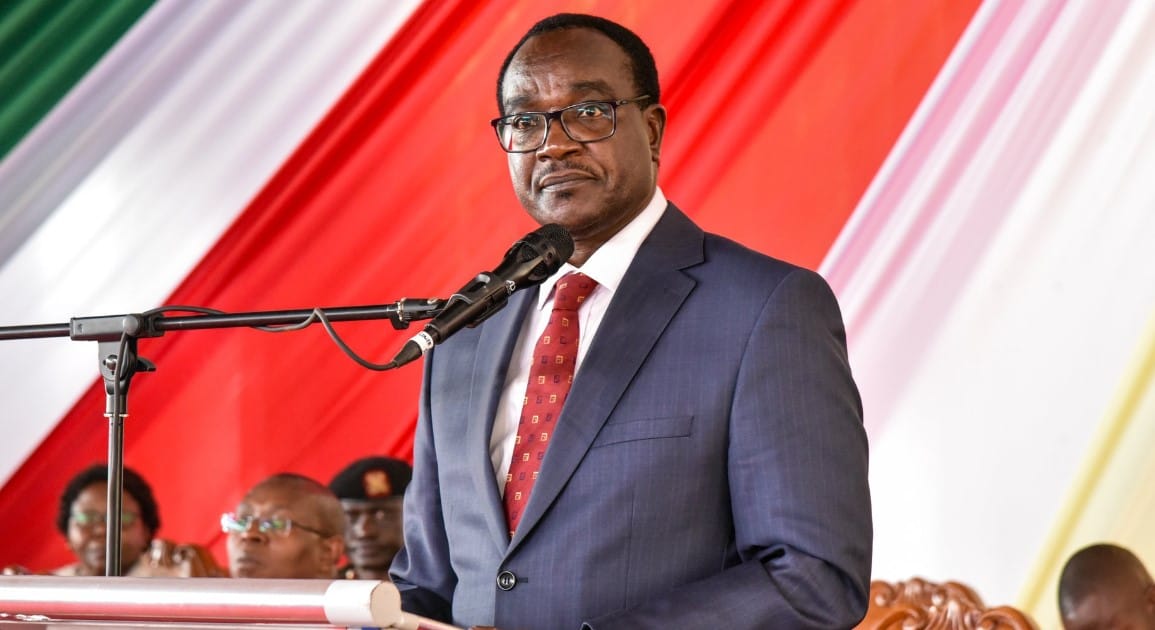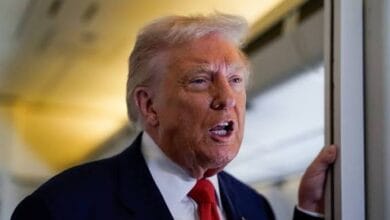
In a significant step toward regional stability, Rwanda and the Democratic Republic of Congo have agreed to a draft economic framework that commits both nations to revamping their mineral supply chains and implementing critical reforms with support from the United States and other international partners. The move aims to de-risk private investment and foster economic cooperation following a peace deal brokered in Washington this June.
The 17-page draft framework, seen by Reuters, builds upon an outline agreed upon in August and details measures for coordination, including timelines for an annual high-level summit on regional economic integration and meetings of a steering committee and technical working groups. The agreement emphasizes sovereign control over natural resources and pledges to ensure that the minerals trade no longer funds armed groups.
“The parties would pledge to work with the United States and other international partners to develop additional regulatory initiatives and reforms necessary to de-risk private sector investment in a cost-effective manner,” the draft states. This includes adopting transparency mechanisms such as guidelines from the Organisation for Economic Cooperation and Development (OECD), implementing third-party inspections of mine sites, and developing cross-border special economic zones.
The agreement comes against a backdrop of ongoing mistrust and conflict. A Congolese official told Reuters this month that Kinshasa “cannot consider economic cooperation with Rwanda as long as its army occupies part of our territory.” Eastern Congo, rich in tantalum, gold, cobalt, copper, and lithium, has been plagued by violence involving Congolese forces and the Rwanda-backed M23 rebels, who seized major cities and mining areas in a swift advance earlier this year.
A Western diplomat, speaking on condition of anonymity, highlighted significant obstacles: “One of the main obstacles to finalizing and signing this regional agreement is the fact that the other peace processes have stalled.” The diplomat noted that Rwanda has not withdrawn its troops, and operations against the FDLR—a Congo-based armed group linked to the 1994 Rwandan genocide—have not begun.
The draft framework is now being discussed by stakeholders, including the private sector, multilateral banks, and donor agencies. A source familiar with the matter said the countries are likely to meet in early October to finalize the agreement, which would later be signed by heads of state.
The success of the framework hinges on progress in security and existing peace processes. As the diplomat cautioned, “Without progress on security, the partners … and even the actors themselves will find it difficult to commit to economic cooperation.”
For now, the draft represents a fragile hope for a region desperate to attract investment and end a conflict that has claimed thousands of lives.




